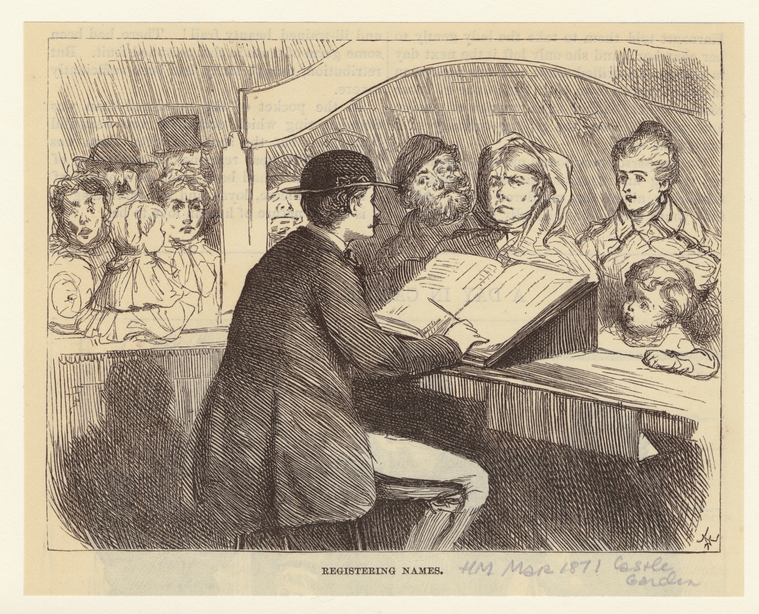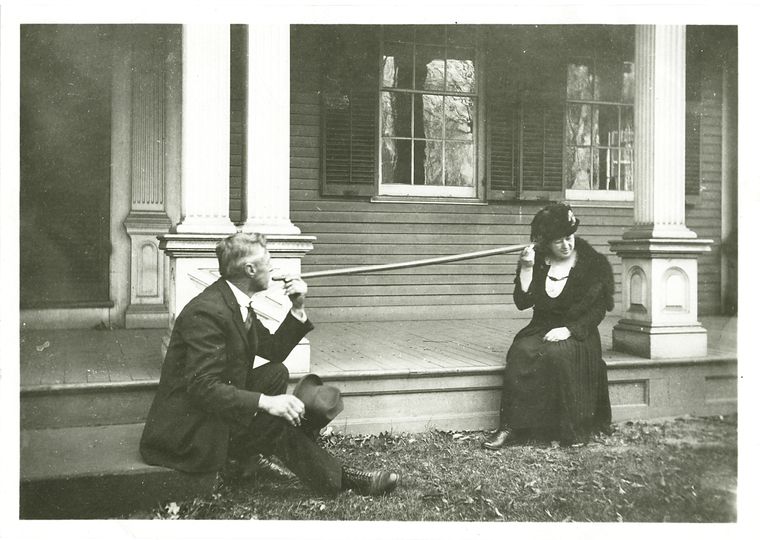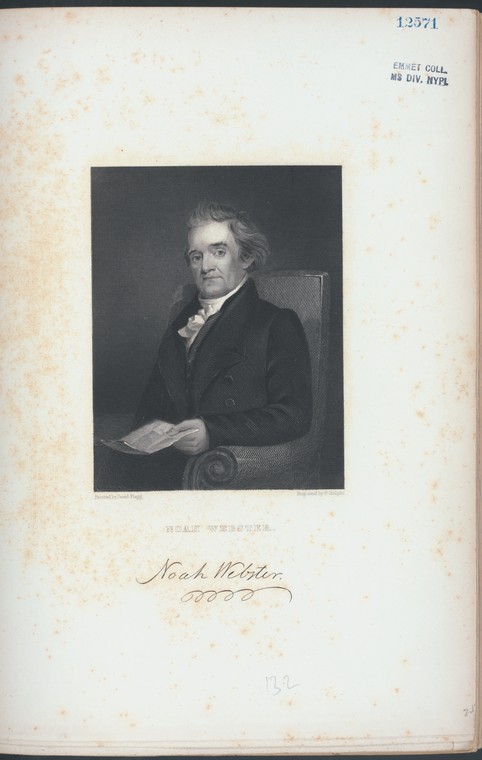Read E-Books with SimplyE
 With your library card, it's easier than ever to choose from more than 300,000 e-books on SimplyE, The New York Public Library's free e-reader app. Gain access to digital resources for all ages, including e-books, audiobooks, databases, and more.
With your library card, it's easier than ever to choose from more than 300,000 e-books on SimplyE, The New York Public Library's free e-reader app. Gain access to digital resources for all ages, including e-books, audiobooks, databases, and more.
If you don’t have an NYPL library card, New York State residents can apply for a digital card online or through SimplyE (available on the App Store or Google Play).
Need more help? Read our guide to using SimplyE.



![[Woman in a green dress sits at a table with a copy of Lippincott's in front of her.],Lippincott's September., Digital ID 1259028, New York Public Library [Woman in a green dress sits at a table with a copy of Lippincott's in front of her.],Lippincott's September., Digital ID 1259028, New York Public Library](https://images.nypl.org/?id=1259028&t=w)
![[Isiac tablet.],Mensae Isiacae., Digital ID 1526798, New York Public Library [Isiac tablet.],Mensae Isiacae., Digital ID 1526798, New York Public Library](https://images.nypl.org/?id=1526798&t=w)





